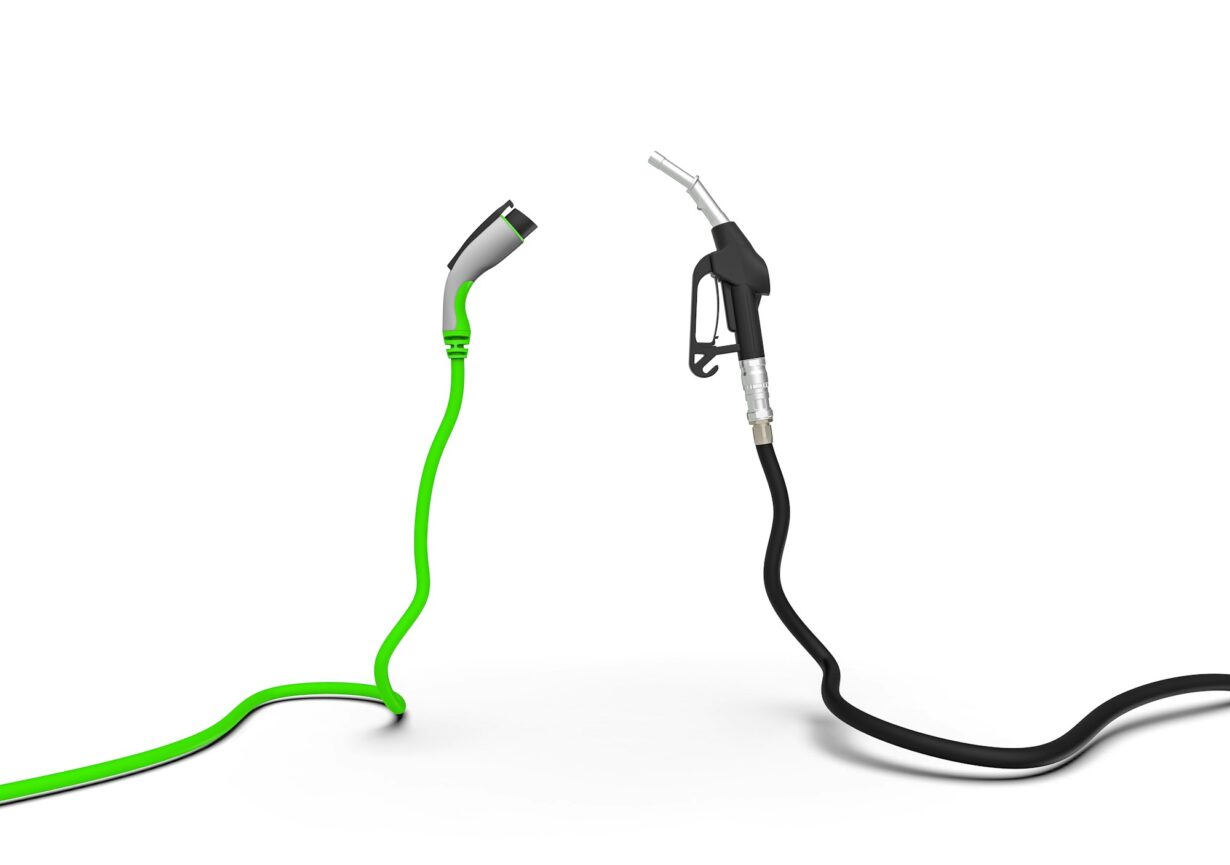Electric and hybrid vehicles have revolutionized the automotive industry, offering eco-friendly alternatives to traditional gas-powered cars. The choice between an electric car and a hybrid depends on various lifestyle factors, including driving habits, environmental concerns, and budget preferences. Let’s dive in to help you determine the best option for your lifestyle.
1. Understanding Electric Cars and Their Advantages
Electric cars (EVs) run entirely on electricity, using large rechargeable batteries to power an electric motor. Here are some key benefits of choosing an electric vehicle:
- Zero Emissions: EVs produce no tailpipe emissions, making them an excellent choice for environmentally conscious drivers.
- Lower Operating Costs: With electricity being cheaper than gasoline, EV owners can save significantly on fuel. Plus, electric vehicles typically require less maintenance.
- Incentives and Rebates: Many governments offer incentives, tax breaks, and rebates to encourage EV purchases.
Despite these advantages, there are considerations for electric cars, such as charging infrastructure and battery range, which we’ll explore below.
2. Exploring Hybrid Cars and Their Advantages
Hybrid vehicles combine a traditional gasoline engine with an electric motor, allowing drivers to switch between power sources based on driving conditions. Here are the main benefits of hybrid vehicles:
- Extended Driving Range: With the ability to use both fuel and electricity, hybrids often offer a longer driving range than pure electric vehicles.
- Fuel Efficiency: Hybrid cars typically achieve better fuel efficiency compared to standard gasoline-powered cars.
- Flexibility: Hybrids are versatile, suitable for city commutes as well as long-distance trips, and they don’t rely solely on charging infrastructure.
Hybrids bring a balanced approach to eco-friendly driving without the range limitations of all-electric cars, which appeals to many drivers who prioritize convenience.
3. Charging and Fueling: How Convenience Differs
One of the main differences between electric and hybrid cars lies in how they’re powered and refueled:
- Electric Cars: EVs require access to charging stations, which may be a consideration depending on where you live. Although home charging is possible, long road trips may require planning around charging stops.
- Hybrid Cars: Since hybrids can use gasoline, they don’t rely entirely on charging infrastructure. This makes them an ideal choice for areas with fewer charging stations or for drivers who frequently travel long distances.
4. Environmental Impact: Which is Greener?
Both electric and hybrid vehicles offer environmental benefits, but electric cars take it a step further by eliminating emissions entirely during operation. Here’s a closer look:
- Electric Cars: Since they produce no tailpipe emissions, EVs help reduce air pollution, which is beneficial for urban areas.
- Hybrid Cars: While they produce emissions when using gasoline, hybrids still consume less fuel than conventional vehicles, reducing their overall carbon footprint.
When considering the “greenest” choice, it’s essential to think about the full lifecycle, including battery production and energy sources. However, overall, electric cars are often considered the more environmentally friendly option.
5. Cost Analysis: Short and Long-Term Investments
The upfront cost, maintenance expenses, and fuel savings all play a role in determining which car may be better financially:
- Electric Cars: EVs often come with a higher initial price tag, though incentives can help reduce this cost. Over time, lower fueling and maintenance costs can make EV ownership more economical.
- Hybrid Cars: Hybrids tend to have a more affordable initial cost compared to EVs. However, hybrids still require fuel, which adds to ongoing expenses, although they are typically more fuel-efficient than traditional gas cars.
Conclusion
Choosing between an electric car and a hybrid ultimately depends on your personal priorities and driving habits. If you value zero emissions and are comfortable with the charging network, an electric vehicle might be ideal. Alternatively, if flexibility, longer range, and fuel savings are more crucial, a hybrid could be the better fit. Both options represent a significant step toward sustainable driving, giving you the freedom to select the one that aligns best with your lifestyle.


